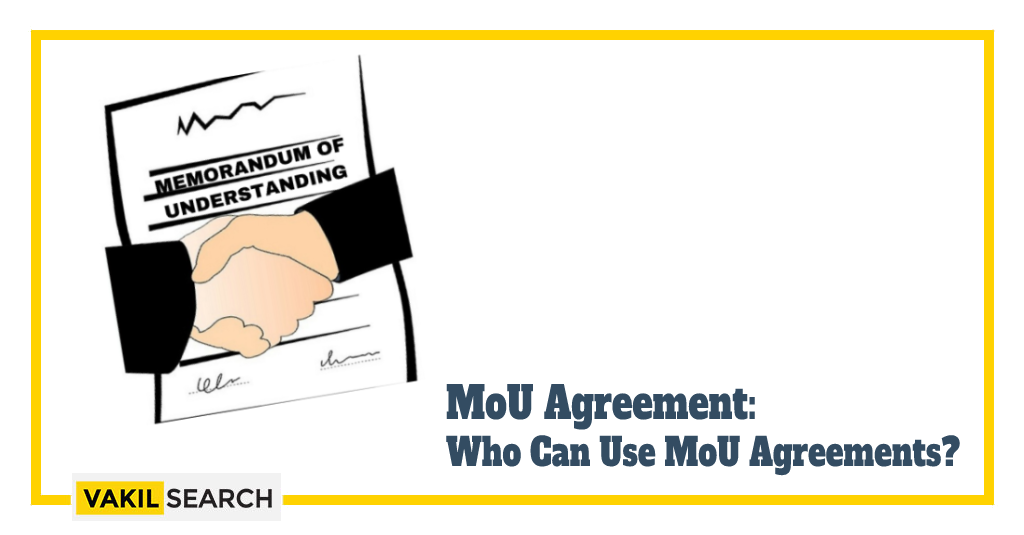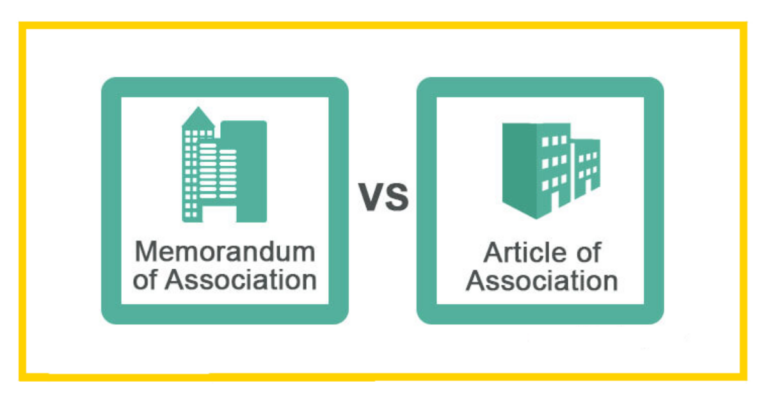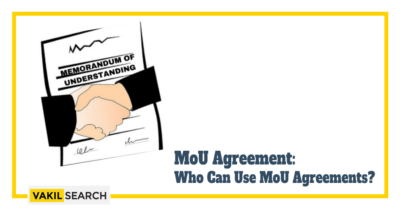Understanding What are MOU Agreements: A comprehensive guide to Memorandums of Understanding (MOUs), outlining their non-binding yet significant role in formalising agreements and fostering collaborations.
A Memorandum of Understanding (MOU) is a formal document that outlines an agreement between two or more parties. While an MOU is not always legally binding, its binding nature depends on the intent of the signatories and the language used in the importance of MOU agreement. At its core, an MOU signifies the willingness of the involved parties to proceed with further negotiations or to collaborate on a specific project or venture.
The MOU serves as the initial step in negotiations, defining the scope and purpose of the discussions. Although commonly used in international treaty negotiations, MOUs also find application in high-stakes business dealings, such as merger talks and strategic partnerships.
In essence, an MOU sets the foundation for future contractual arrangements and fosters a mutual understanding among the parties involved. It can outline the key terms, responsibilities, and objectives that will be addressed in the final contract. While not a legally binding agreement on its own, an MOU holds considerable significance as it formalises the commitment of the parties to work towards a shared goal.
The content of an MOU typically includes the names and details of the parties, the purpose of the agreement, the scope of cooperation, the timeline for further negotiations, and any specific commitments or obligations each party agrees to undertake.
Importance of MOU Agreement
Establishes a Common Intention
In the realm of business dealings, understanding each other’s goals and objectives is of paramount importance of MOU. Effective communication and clear terms are vital for the success of any venture. This is where a Memorandum of Understanding (MOU) can prove to be an invaluable asset for your business relations. By enabling parties to outline their requirements and expectations, an MOU establishes a common intention for future engagements, fostering a shared understanding of the collaborative objectives.
Unlike a formal contract, an MOU is not legally binding. Instead, it serves as a foundation for negotiations and collaboration, setting the stage for more comprehensive agreements. By avoiding specific terms or promises, an MOU focuses on defining the scope and purpose of the relationship without imposing rigid legal obligations.
The primary advantage of an MOU lies in its flexibility. It allows parties to explore potential collaborations and assess the feasibility of a partnership without immediate legal entanglements. This gives both parties the opportunity to determine whether their interests align before proceeding to a legally binding contract.
Reduces the Risk of Uncertainty
Business negotiations are often characterised by ambiguity and uncertainty, especially during the initial stages of a partnership. Disagreements over contract terms can be detrimental to the relationship between parties, potentially derailing the collaboration altogether. To mitigate such risks, Memorandums of Understanding (MOUs) serve as valuable safeguards, reducing uncertainty in expectations and objectives.
In the realm of commercial partnerships and long-term engagements, MOUs play a crucial role in establishing clear prospects and ambitions from the outset. By setting out specific terms and agreed-upon objectives during the initial negotiations, potential areas of contention are addressed proactively, minimising the likelihood of disagreements between the parties.
Records Prior Agreements
In the complex landscape of negotiations, prior agreements can sometimes get lost or forgotten, leading to misunderstandings and potential conflicts in the future contract. However, a Memorandum of Understanding (MOU) proves to be a valuable tool in such scenarios. While not legally binding, it serves as a written record of the terms agreed upon during negotiations, ensuring that crucial points are documented and preserved.
By recording prior agreements, the MOU agreement establishes a clear understanding between the parties regarding their common objectives. This transparency helps prevent disputes and fosters a sense of trust and cooperation in the partnership or collaboration.
Furthermore, the MOU offers an additional benefit by providing a secure platform for parties to share confidential information during negotiations. This confidentiality aspect ensures that sensitive data and ideas are protected, allowing parties to explore potential synergies and opportunities without fear of leaks or misuse.
The Ease of Ending Engagements
An MOU serves as a powerful tool in fostering positive relations between parties by clearly defining the terms of engagement. It offers an advantage for those feeling uncertain about entering into a partnership. With objectives explicitly outlined in the MOU, it becomes easier to assess alignment and compatibility between the parties’ goals. If the objectives don’t match, exiting the agreement is straightforward.
Unlike formal contracts, which are legally binding and entail complex termination processes, an MOU provides more flexibility. Exiting the partnership during the MOU stage is simpler, avoiding potential stress and costs associated with contract terminations. This ease of ending engagements makes the MOU a practical and risk-mitigating approach to exploring new business relationships.
Provides a Framework for Future Dealings
Even seasoned businesses may find formal contracts daunting, especially for complex, long-term projects. Herein lies the value of an MOU, instilling confidence and ease. With proposed terms already outlined in the prior document, the MOU serves as a solid framework for future dealings. It becomes the foundation on which the future contract can be built, ensuring alignment and clarity. In case of any confusion, the MOU acts as a reference, reminding the parties of their objectives and intentions. When dealing with intricate or high-risk situations, proactive measures are crucial. Having a pre-established formal document ensures all parties are on the same page and minimises uncertainties.
Who Can Use Memorandum of Understanding Agreements?
Memorandum of Understanding (MOU) agreements can be utilised by a wide range of individuals and entities in various contexts. Businesses often employ MOUs during the early stages of negotiations to outline their common goals and objectives. Government agencies and non-profit organisations utilise MOUs to establish collaborations and joint initiatives. Educational institutions may use MOUs to form partnerships or exchange programs. Additionally, MOUs are common in international relations and diplomatic engagements between countries. Essentially, anyone seeking to formalise their mutual intentions, set clear expectations, and reduce uncertainties can benefit from utilising MOU agreements as a preliminary step before entering into formal contracts or partnerships.
When Can an MoU Agreement Be Used?
An MoU agreement can be used in various situations where parties wish to express their mutual intentions, goals, and objectives without immediately entering into a legally binding contract. It serves as a preliminary step in business negotiations, joint ventures, partnerships, or collaborations, allowing the involved parties to outline the terms and conditions they expect to include in a future formal contract. MoUs are commonly used when exploring new business opportunities, establishing research collaborations, conducting feasibility studies, or developing international relationships. By using an MoU, parties can create a framework for future dealings while maintaining flexibility before committing to a legally binding agreement.
FAQs
How Do You Write an MOU?
To write an MOU, clearly outline the parties involved, the purpose of the agreement, and the terms and conditions they agree upon. Be specific about the roles and responsibilities of each party, and ensure both parties understand that the MOU is not legally binding but serves as a framework for future negotiations or contracts.
Why is an MOU Important?
An MOU is important as it establishes a clear understanding between parties, records prior agreements, and provides a framework for future dealings, even though it is not legally binding, it serves as a useful tool in various business and partnership arrangements.
Who writes an MOU or Memorandum of Understanding?
An MOU or Memorandum of Understanding is typically written by the parties involved in the agreement or their legal representatives to outline the terms and intentions of the proposed collaboration or partnership. It serves as a non-binding document to establish a common understanding before proceeding to a formal contract.
Other Important Topics:










